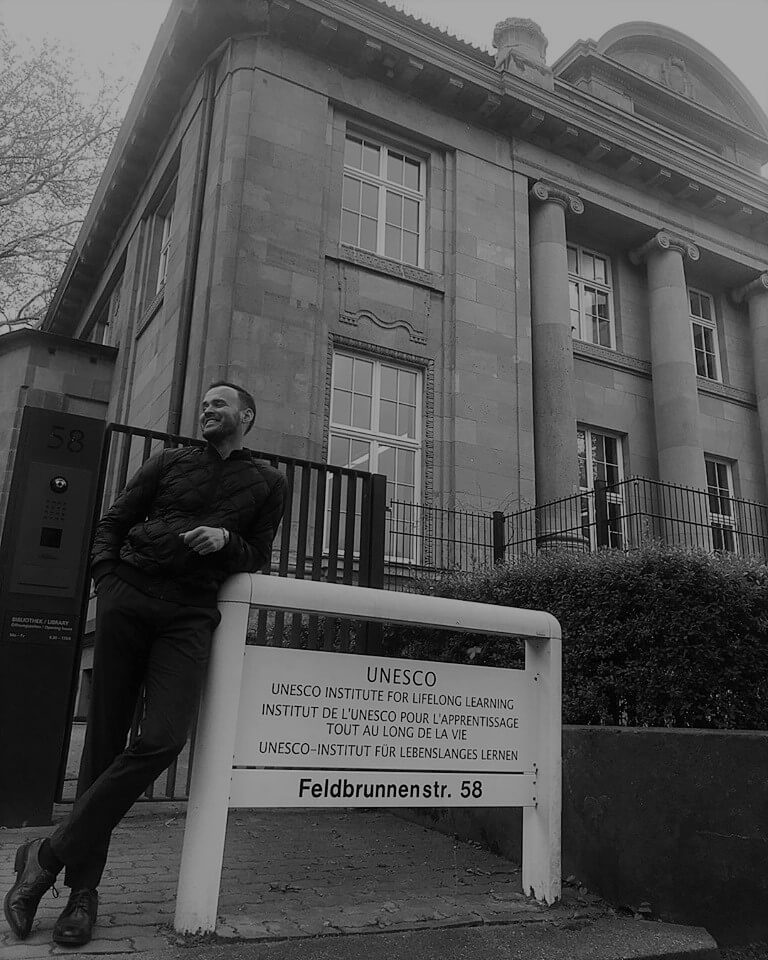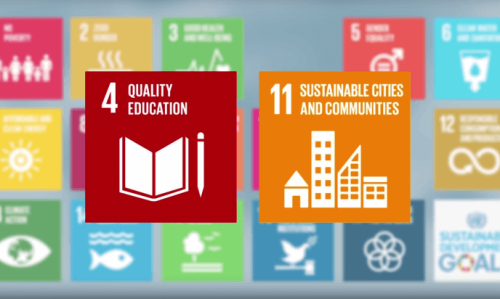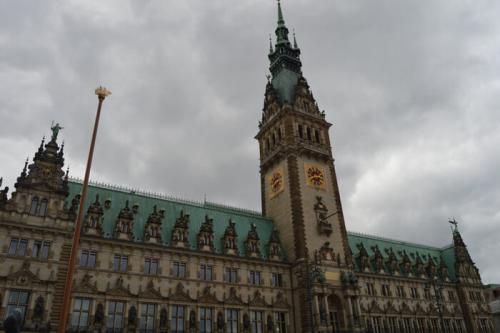Hallo aus Deutschland.
Firstly, I would like to thank you for taking the time to check out the GW UNESCO Fellows blog. My colleagues and I appreciate your support as well as your curiosity on what occurs behind the scenes at the United Nations Educational, Scientific and Cultural Organization. UNESCO’s mission is to contribute to the building of peace, the eradication of poverty, sustainable development and intercultural dialogue. To say I am grateful for the opportunity of supporting such a mission would be an understatement and as such, I must also thank the GW UNESCO Chair in International Education for Development in their decision to refer me to the UNESCO Institute of Lifelong Learning (UIL) in Hamburg, Germany.
Secondly, before I jump into the details of my assignments at UIL, I thought it appropriate to be forthcoming about my father’s passing on June 6, 2019 after his battle with cancer. I am fortunate to have made it home to be by his side when he took his last breath. The compassion I received from UIL faculty and staff, the GW UNESCO Chair, my colleagues and peers, friends and family has made the experience of losing Dad manageable. I am at peace knowing the man who raised me was – and continues to be – proud of the life I lead. My father passed down his passion of the world to me while instilling kindness and tact into my identity. I owe him everything for my capacity to contribute in a multilateral international cultural cooperation at the scale of UNESCO.
Okay, into the nitty gritty we go…
My fellowship began on May 1, 2019. I was assigned to the Coordination Team of the Global Network of Learning Cities (GNLC), which is an international policy-oriented network providing inspiration, know-how and best practice in supporting the achievement of all seventeen Sustainable Development Goals (SDGs) – in particular SDG 4 and SDG 11.
My first task was to assess the biennial progress reports submitted by GNLC member cities – approximately 166 of them. I was responsible for evaluating the cities’ advancement to achieving a learning city based on the GNLC’s guiding documents and regulations. Having just wrapped up my first Monitoring & Evaluation course a week prior at The George Washington University, I was elated to have this assignment land on my desk because I was already able to access practical implementation of assessment. Three to four weeks later, the elation of the assignment had slightly waned as it was exhaustively time-consuming; nevertheless, I recognized the importance of completing each cities’ evaluation with integrity. Below, I list the criteria I was responsible for measuring:
- The city has progressed in achieving the learning city vision
- The city has a coordinated structure in place involving different stakeholders with clearly defined roles
- The city has managed to utilize the monetary and/or non-monetary resources in an effective way to provide lifelong learning for all
- The city has paid special attention to ensuring the learning needs of marginalized and underprivileged groups are met
- The city has held regular celebration activities to arouse the public interest
- The goals and results of learning city initiatives are measured properly
Another role I have within the GNLC Coordination Team is supporting the preparation of the fourth International Conference on Learning Cities taking place in Medellín, Colombia in October 2019. Many administrative tasks are required of me in this capacity, such as drafting invitation letters to UNESCO National Commissions and GNLC member cities, as well as ensuring the conference website was up and running in time for pre-registration. While these tasks are not the most invigorating, they are necessary – as is the required attention to detail to ensure we stay on schedule. However, I appreciate the opportunity of contributing ideas and feedback to UIL leadership pertaining to the conference’s plenary agenda, most of which I gathered from prevalent themes in the biannual progress reports. It has been reassuring that my knowledge and skills continue to be recognized and valued by established international policymakers.
Looking ahead, I only have three more weeks left at UIL and there is still a lot that needs to be done. This experience as a GW UNESCO Fellow has taught me so much, professionally and personally. I look forward to reflecting on my time in Hamburg with you all in my concluding blog post later this month. Until then, Auf Wiedersehen!
Kyle Hall is a Master’s candidate at the George Washington University’s International Education Program. His research concentrates on the (re)integration of migrants, refugees, and other disenfranchised populations into educational settings as well as the methodological foundations for assessing and evaluating international development programs.







